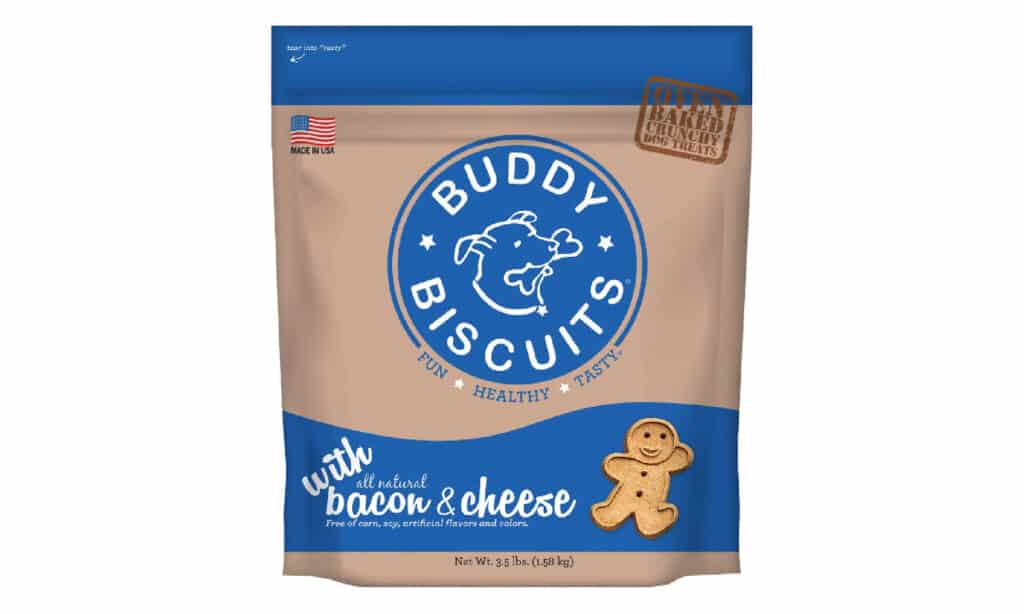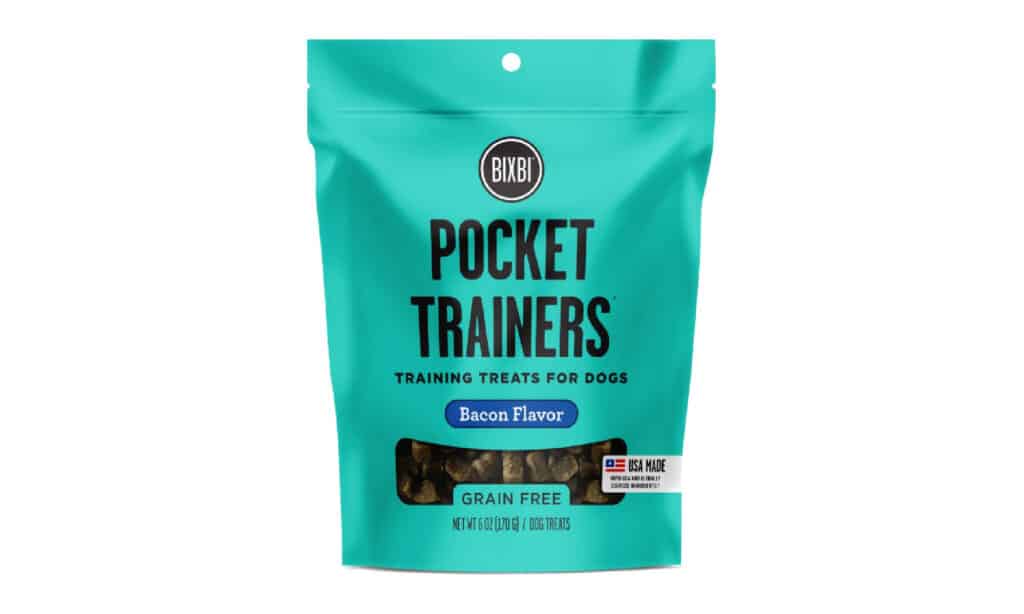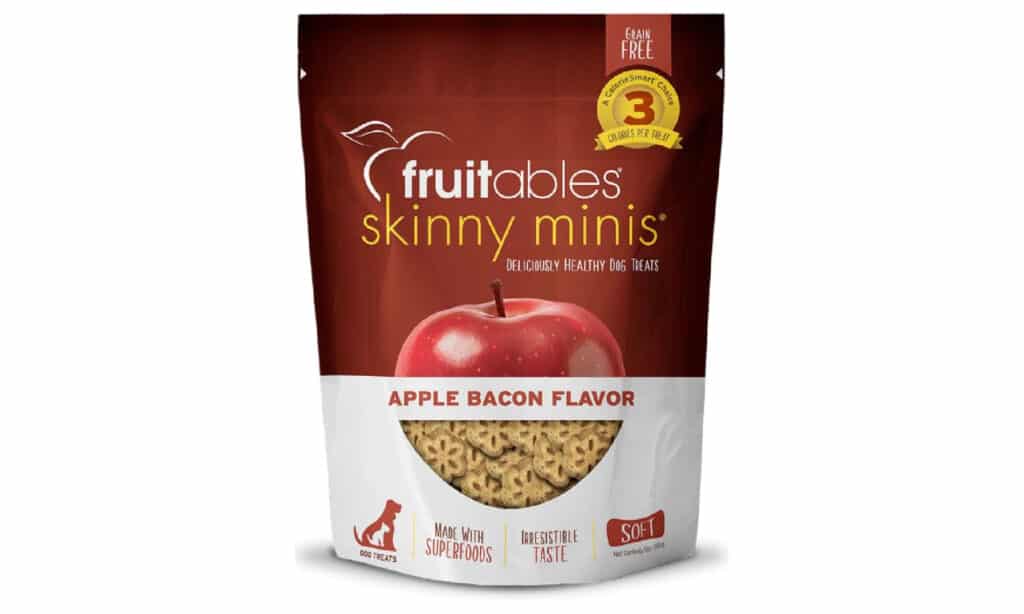Ricotta cheese is a popular ingredient in many dishes, from lasagna and pizza to cheesecake and cannoli. It’s a soft, creamy cheese that’s made from the whey leftover from other cheesemaking processes, and it has a mild, slightly sweet flavor that many people love. If you’re a dog owner, you may be wondering can dogs eat ricotta cheese as well. After all, dogs have different dietary needs and preferences than humans, and some foods that are perfectly safe for us can be harmful or even toxic to our pets.
In this blog post, we’ll take a closer look at ricotta cheese and whether it’s safe for dogs to eat. We’ll examine the nutritional content of ricotta cheese, the potential risks and benefits for dogs, and some tips for feeding your pup ricotta cheese safely (if at all). So, let’s get started!
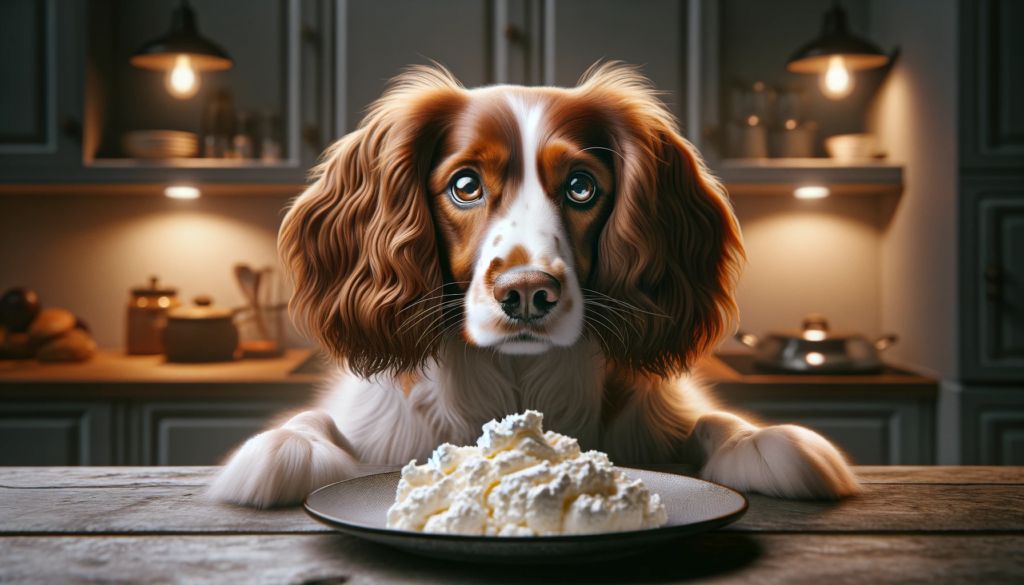
What Is Ricotta Cheese?
Ricotta cheese is a soft and creamy cheese with a slightly sweet flavor and grainy texture. It’s made by using the whey leftover from making other types of cheese, like mozzarella or provolone.
When cheese is made, milk is curdled using an acid or enzyme, which separates the solids from the liquid. The solids are then processed into cheese, while the liquid (whey) is often discarded. Ricotta is made by heating whey and adding an acid, causing proteins to coagulate and form curds. Strained and pressed curds result in soft and fluffy cheese used in sweet and savory Italian dishes.
Ricotta cheese is high in protein, calcium, and phosphorus but also in fat and calories. Feed ricotta cheese to dogs in moderation as part of a balanced diet, like any food.
Can Dogs Have Ricotta Cheese?
When it comes to feeding dogs ricotta cheese, the answer is not a straightforward “yes” or “no.” Consider risks before feeding ricotta cheese to your dog; it’s not toxic but may not be beneficial.
On the one hand, ricotta cheese is a good source of protein and calcium, which are important nutrients for dogs. High fat and calories in hay may cause issues if dog has digestive problems or is overweight.
Most dogs are lactose intolerant and have trouble digesting lactose, a sugar found in milk and dairy products. Feeding lactose-containing foods like ricotta cheese to these dogs can lead to gastrointestinal upset, including diarrhea, vomiting, and gas.
Ricotta cheese is safe for dogs in small amounts but consider their dietary needs and sensitivities before adding it. Introduce ricotta cheese gradually, and watch for signs of digestive upset or allergic reaction.
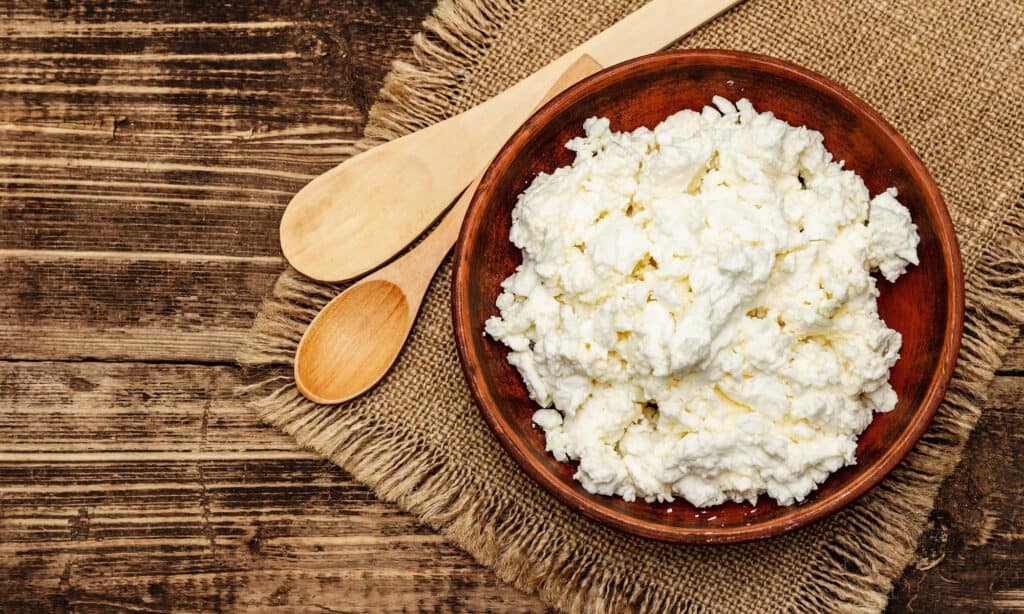
Harmful Ingredients in Ricotta Cheese:
In general, ricotta cheese is considered safe for dogs to eat in moderation. However, there are a few potential harmful ingredients to be aware of.
First, ricotta cheese is a dairy product, and some dogs may be lactose intolerant. Lactose is a sugar found in milk and dairy products, and dogs with lactose intolerance have difficulty digesting it. Feeding ricotta cheese to dogs with lactose intolerance can lead to gastrointestinal upset, including diarrhea, vomiting, and gas.
Additionally, some brands of ricotta cheese may contain added salt, which can be harmful to dogs in large amounts. High levels of sodium can lead to dehydration, increased thirst, and even sodium ion poisoning, which can be life-threatening.
Finally, some ricotta cheese may contain other additives or preservatives that could be harmful to dogs. Choose natural, high-quality ricotta cheese for dogs and read ingredient labels carefully before feeding.
As with any new food or treat, it’s important to introduce ricotta cheese slowly and in small amounts, and to monitor your dog for any signs of digestive upset or allergic reaction. If your dog experiences any negative symptoms after eating ricotta cheese, discontinue feeding it and consult with your veterinarian.
Safe Ingredients in Ricotta Cheese:
There are several safe and beneficial ingredients in ricotta cheese that can make it a healthy addition to your dog’s diet when fed in moderation.
Ricotta cheese is a good source of protein, calcium, and phosphorus, which are important nutrients for dogs. Protein is essential for building and repairing muscles, while calcium and phosphorus help support strong bones and teeth.
In addition, ricotta cheese is relatively low in lactose compared to other dairy products, which means that some lactose-intolerant dogs may be able to tolerate it in small amounts. However, it’s still important to monitor your dog for any signs of digestive upset after feeding them ricotta cheese.
When selecting ricotta cheese to feed your dog, look for a high-quality, all-natural brand that doesn’t contain added salt, preservatives, or other harmful ingredients. Choose low-fat ricotta for overweight dogs or those with digestive issues like pancreatitis to ensure safe consumption.
As with any new food or treat, it’s important to introduce ricotta cheese slowly and in small amounts, and to monitor your dog for any signs of digestive upset or allergic reaction. If you have any concerns about feeding ricotta cheese to your dog, consult with your veterinarian.
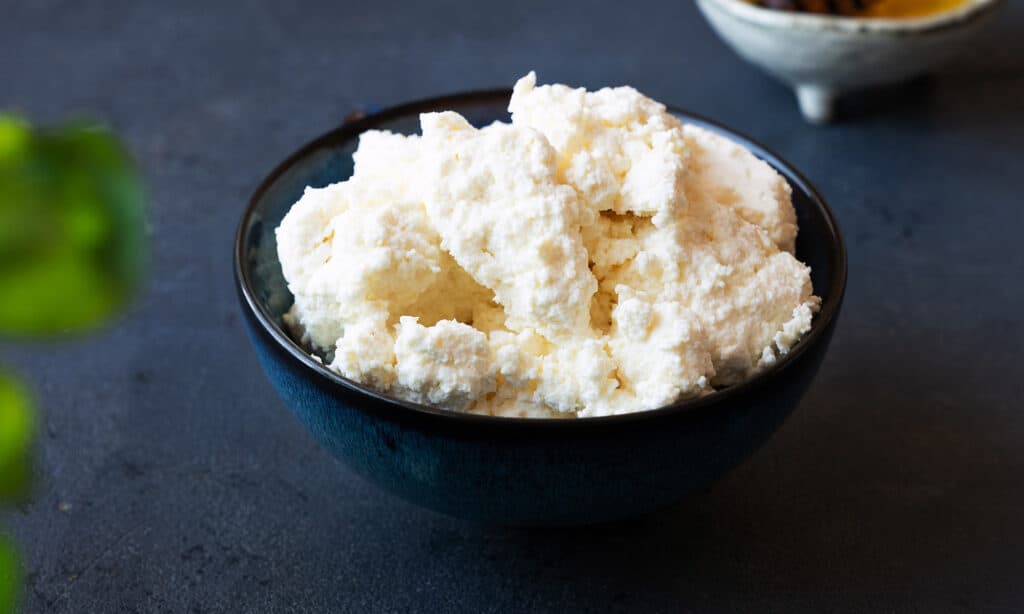
What Signs To Watch For If Your Dog Accidentally Ate A Lot of Ricotta Cheese?
f your dog eats too much ricotta cheese, they could experience some negative side effects that you should be aware of.
The most common sign of a ricotta cheese “overdose” in dogs is digestive upset. This can include symptoms like diarrhea, vomiting, and gas. Depending on how much cheese your dog ate, these symptoms can be mild or more severe.
In some cases, eating too much ricotta cheese can also cause pancreatitis in dogs. This is a condition where the pancreas becomes inflamed and can cause abdominal pain, loss of appetite, and lethargy. Pancreatitis can be life-threatening. Contact a vet immediately if you suspect your dog has this condition.
Another possible side effect of consuming too much ricotta cheese is dehydration, especially if your dog is experiencing vomiting or diarrhea. You can tell if your dog is dehydrated by looking for symptoms like dry gums, sunken eyes, and lethargy.
If you notice any of these symptoms in your dog after they’ve eaten a large amount of ricotta cheese, it’s important to get in touch with your veterinarian as soon as possible. Vets can advise on managing symptoms and recommend treatment or check-up if necessary.
When or If You Should Go To The Vet?
If you suspect that your dog has eaten too much ricotta cheese and is experiencing negative side effects, it’s important to know when you should seek veterinary care.
If your dog is experiencing mild symptoms like diarrhea, vomiting, or gas, you can monitor them closely at home and try to manage their symptoms by providing plenty of water and a bland diet.
However, if your dog is experiencing severe symptoms like vomiting uncontrollably, or if they are showing signs of pancreatitis, such as abdominal pain, loss of appetite, and lethargy, it’s important to contact your veterinarian right away. In severe cases, pancreatitis can be life-threatening, so prompt medical attention is crucial.
In addition, if you notice any signs of dehydration in your dog, such as dry gums, sunken eyes, or lethargy, it’s important to seek veterinary care as soon as possible. Dehydration can be serious and may require treatment with IV fluids or other medications.
If you’re ever in doubt about whether your dog needs veterinary care, it’s always better to err on the side of caution and contact your veterinarian. Vets can advise on symptom management and recommend examination and treatment if necessary.

Safe Dog-Friendly Alternative to Ricotta Cheese:
If you’re searching for a dog-friendly alternative to ricotta cheese, there are several options available that are both safe and nutritious for your pup.
One alternative is cottage cheese, which is packed with protein and calcium but has fewer calories and less fat than ricotta cheese. When selecting cottage cheese, it’s important to choose a plain, unsweetened variety that doesn’t contain any added salt or preservatives.
Another option is plain Greek yogurt, which is also rich in protein and calcium and can provide your dog with beneficial probiotics. Be sure to select a plain variety without any added sugars or artificial sweeteners.
For those who prefer vegan alternatives, pureed tofu can be used as a substitute for ricotta cheese. Tofu is high in protein, low in fat, and can be seasoned with herbs and spices to mimic the flavor of ricotta cheese.
It’s important to introduce these alternatives gradually and in small amounts, and to keep an eye out for any signs of digestive upset or allergic reaction. If you have any concerns about feeding these alternatives to your dog, it’s always a good idea to consult with your veterinarian for advice.
Healthy Store-Bought Options:
In conclusion, while ricotta cheese can be a tasty and nutritious addition to your dog’s diet in moderation, it’s important to be aware of the potential risks and benefits before feeding it to your furry friend.
Feeding too much ricotta cheese to your dog can lead to digestive upset, pancreatitis, dehydration, and other negative side effects. It’s important to monitor your dog closely after feeding them ricotta cheese and to seek veterinary care if you notice any signs of illness or discomfort.
However, there are several safe and dog-friendly alternatives to ricotta cheese, including cottage cheese, plain Greek yogurt, and pureed tofu. These alternatives are high in protein and calcium, and can be a healthy and delicious addition to your dog’s diet when fed in moderation.
As with any food or treat, it’s important to consider your individual dog’s dietary needs and potential sensitivities when introducing new foods into their diet. By being mindful of what you feed your dog and monitoring their health closely, you can ensure that they stay happy, healthy, and well-nourished for years to come.
~Lindsie

